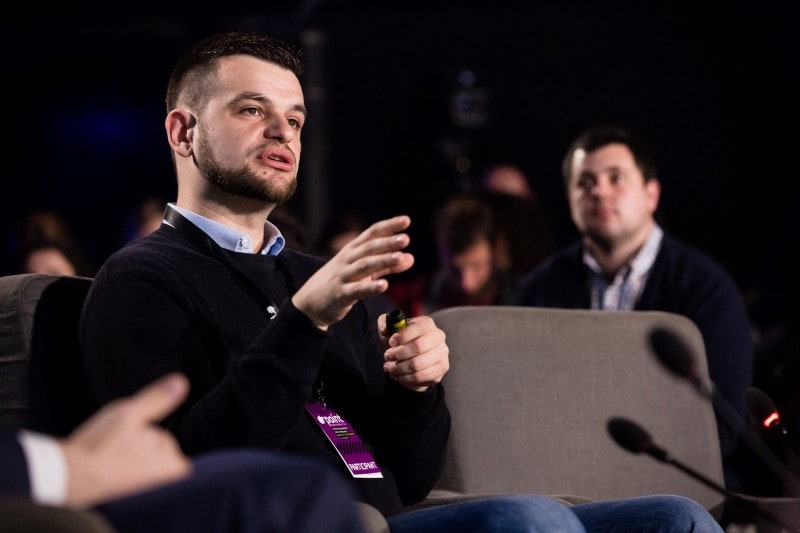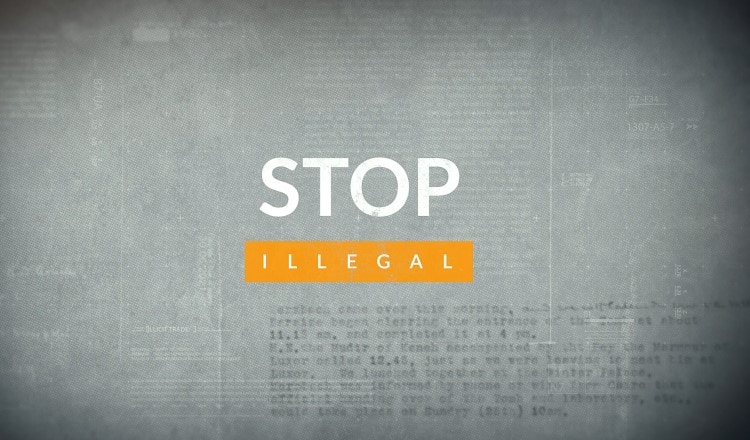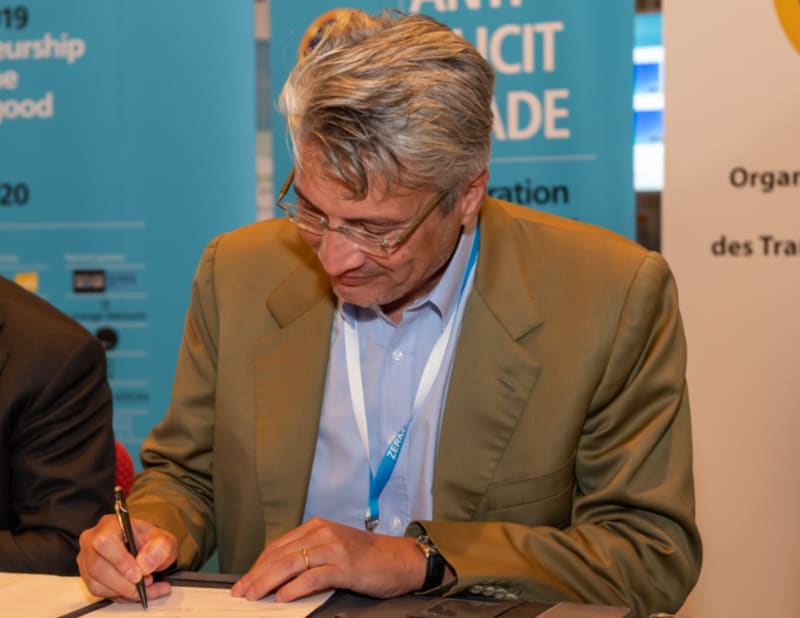
Dissecting rogue cigarettes
2 FEB 2018

Cooperation and collaboration—that’s the only way to crack down on the black market of cigarettes. Many criminal gangs have turned their focus on the illegal cigarette trade because of the high reward at relatively low risk. Governments and law enforcement officials can sometimes struggle to keep pace with tackling the problem alone.
PMI contributes to the fight against the illicit tobacco trade with a dedicated team of experts who deal with the forensics of illicit products.
The PMI Forensics team helps law-enforcement agencies to analyze illicit cigarettes, identify their origin, and then trace them back to the source. The experts also share their knowledge and train law enforcement officials, so they can foresee upcoming trends in illicit activities.
Identifying and tracing counterfeit or smuggled cigarettes is a complex process, but Dariusz Batko, who heads PMI’s Forensics team, puts it plainly: “We connect the dots together, essentially analyzing the tobacco products in order to identify recurring product characteristics and connect them with the source. We can identify the source through linking the products with the manufacturing process and equipment.” It is this information, along with examination reports and witness statements, which are all crucial to any court case aimed at bringing those responsible to justice.
So how exactly does the PMI Forensics team track down the illicit tobacco products?
After a law-enforcement official makes a seizure of what looks like illicit cigarettes, they often contact PMI’s forensics experts. Their first task is to work out whether the cigarettes are indeed smuggled or counterfeit. If the analysis shows that the products have been illegally diverted into the market, the team uses an intricate tracking and tracing system to identify where the products have been taken out of the supply chain. This is the starting point for the internal process.
In the following step, the team collaborates with law enforcement agencies to work out how these products found their way into the black market. The findings are then used by the authorities to chase after the offenders. Long-term, PMI uses this knowledge to develop its own practices and tools to remedy any potential weaknesses in the supply chain.
The techniques criminals use are constantly evolving, in response to the strong market demands across a number of regions. “We are observing an evolution over time,” explains Dariusz Batko. “The counterfeiters are adapting themselves to changing requirements and diversifying the manufacturing process. This can be, for example, moving from machine-made production, which is concentrated on a single illegal premise, to products that have been produced across a number of locations or even products which are hand-packed and manufactured.”
DID YOU KNOW?
- PMI Forensics analyzed 3,579 samples of suspect products in 2017 alone
- PMI Forensics team is spread over various locations around the globe
- Suspect products were found in countries such as China, Cyprus, Mexico, and the Philippines


